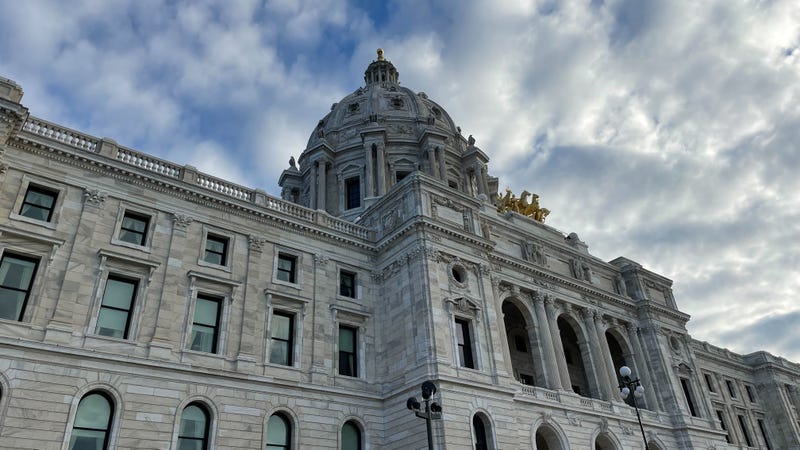
The 2023 Minnesota legislative session headlined by the so-called "DFL trifecta" in the Minnesota House, Senate, and Governor's office officially came to an end Monday night as lawmakers put a bow on the state's massive $72 billion two-year budget.
The budget includes a $2.6 billion bonding bill, likely one of the only bi-partisan bills to come out of the session. $2.5 billion of the deal struck over the weekend is earmarked for roads and infrastructure while $300 million is headed to help nursing homes, a focal point for Republicans during the session.
"It's the crowning achievement of this session to have the largest public works in state history coming on the last day of session," said House Speaker Melissa Hortman. "Those jobs put money in peoples' pockets."
Democrats wasted little time passing things on their original agenda including legalizing recreational cannabis, upping the funding to schools with free meals for kids, providing college tuition for some families, and even passing rebate checks despite the amount being significantly less than the amount Governor Tim Walz called for leading into the 2022 election.
Minnesota Republicans including Senate Minority Leader Mark Johnson have been critical of the DFL increasing government spending.
"We saw a 40 percent growth in state government, our budget grew from $52 billion to $72 billion, and we raised taxes by something like $9 billion," Johnson said after the Senate adjourned Monday night. "Long term, this is going to be an issue in our economy and it's going to be an issue getting businesses and families to come here that want to grow this economy in this state. We're extremely concerned about that."
One of the major bill changes happened during the final vote of the legislative session as lawmakers overhauled the much talked about Keep Nurses at the Bedside Act designed to keep nurses safe and from leaving the profession.
A staffing provision was ultimately pulled from the bill after Mayo Clinic threatened to pull billions of dollars worth of projects out of Minnesota. The bill approved by the House and Senate addresses workplace safety, provides some student loan forgiveness, and will study the burnout effect.

